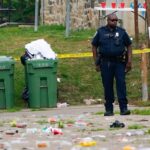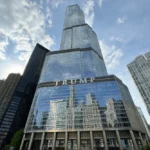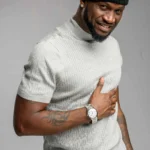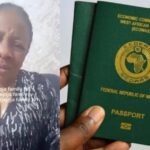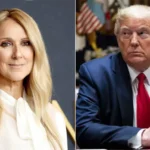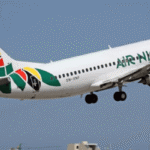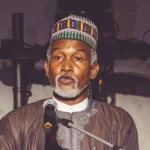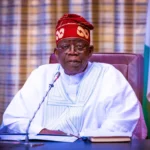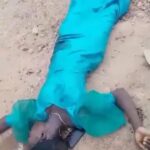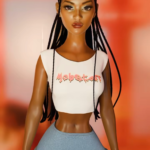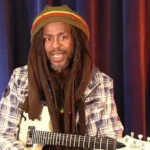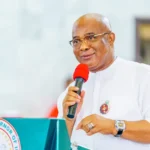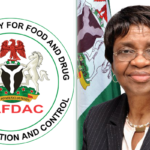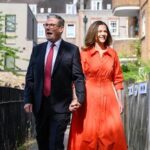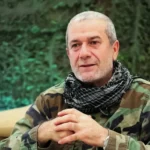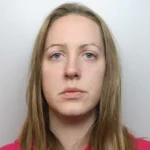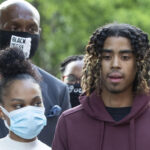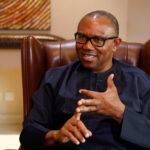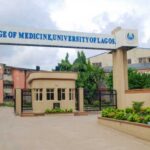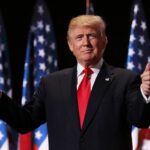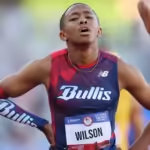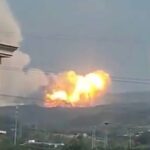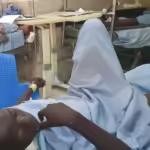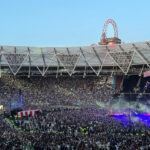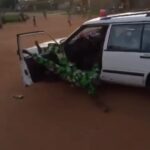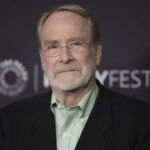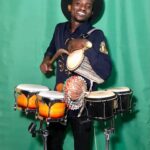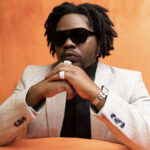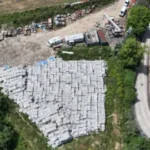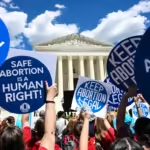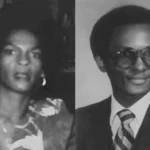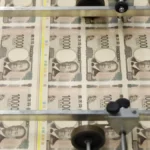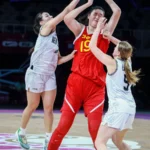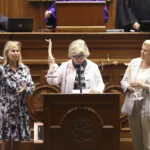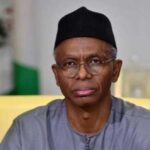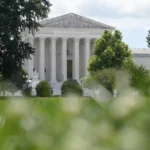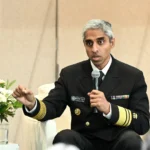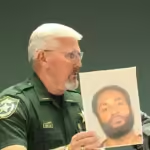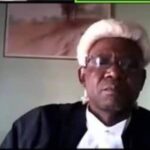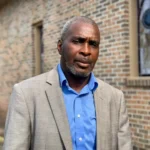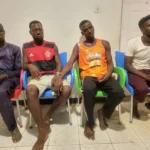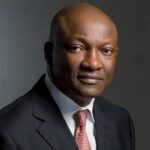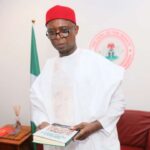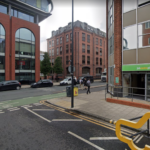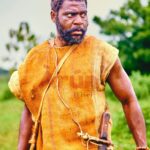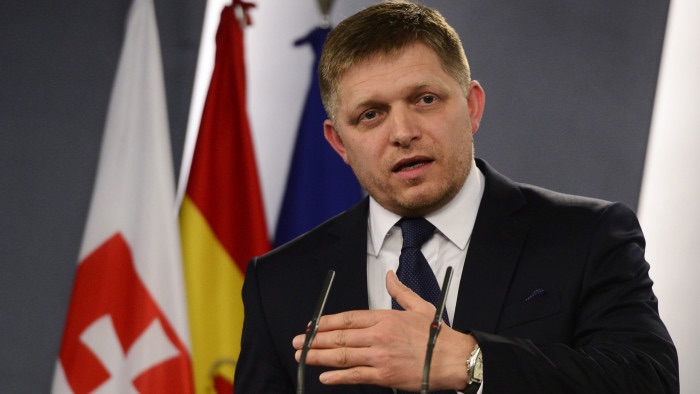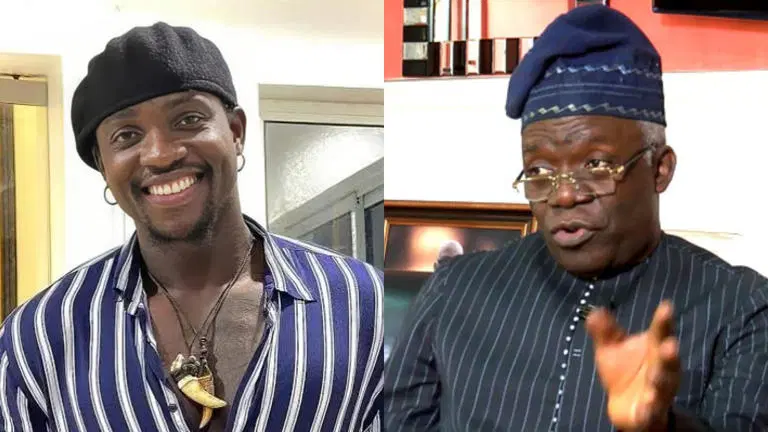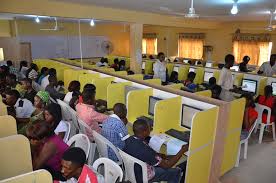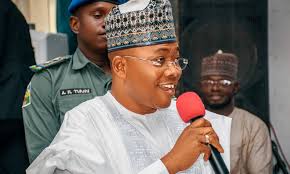A man has been charged with the attempted murder of Slovak Prime Minister Robert Fico after the politician was seriously hurt in a shooting attack.
The alleged assailant has not been formally named, but Slovak reports have widely identified him as a 71-year-old from the town of Levice.
Reports say he could face up to life in prison.
Mr Fico, 59, is in a serious but stable condition after being shot several times in what colleagues described as a politically motivated attack.
Interior Minister Matus Sutaj Estok told a news conference on Thursday that the suspect had acted alone and that he had previously taken part in anti-government protests.
“This is a lone wolf whose actions were accelerated after the presidential election since he was dissatisfied with its outcome,” he said.
Peter Pellegrini, a populist and ally of Robert Fico, won April’s vote.
It was in broad daylight on Wednesday that Mr Fico, surrounded by a crowd of supporters, was shot at close range.
A gunman fired five times, hitting the prime minister in the stomach and arm.
The attack took Mr Fico’s security detail completely by surprise. Footage showed several officers bundling the wounded PM into a car, before driving away at high speed, while the others detained the suspect.
Mr Fico was rushed to a nearby hospital in an air ambulance, with injuries described as life-threatening.
He was then transferred to another facility in Banska Bystrica, east of Handlova, where surgeons and trauma teams worked through the night to stabilise him.
On Thursday, the hospital director told a news conference that Mr Fico’s condition was stable, but “truly very serious”, and he had been moved to an intensive care unit.
Mr Pellegrini later said he had visited Mr Fico, who had been able to speak a few sentences.
“The situation is very critical and we have to give him a lot of energy and be positive,” said Mr Pellegrini.
Local media reports describe the suspect as a writer and political activist.
A video being widely circulated on Slovak media purports to feature him.
In the footage, the man says he disagrees with government policy and its stance towards state media. The BBC has neither verified if the person in the video is the perpetrator who was detained at the scene, nor the circumstances under which it was filmed.
Several Slovak politicians called the shooting an “attack on democracy”.
On Thursday, Slovakia’s outgoing President Zuzana Caputova appealed for calm and invited all party leaders to a meeting to discuss political tension.
Meanwhile, Slovak President-elect Peter Pellegrini called on all parties to suspend campaigning before European parliament elections scheduled for early June.
Mr Fico is a divisive figure at home for his calls to end military aid to Ukraine and sanctions on Russia.
The shooting came on the day parliament began discussing the government’s proposal to abolish Slovakia’s public broadcaster RTVS.
Thousands of Slovaks have protested against the proposed reform of the public broadcaster in recent weeks. However, a planned opposition-led demonstration was called off on Wednesday as news of the shooting emerged.
In his interview with the BBC, Deputy Prime Minister Taraba blamed “false narratives” by opposition parties in Slovakia for the shooting.
“Our prime minister several times mentioned in the past that he was afraid that this would happen,” Mr Taraba said in another interview with the BBC’s World Tonight programme.
And Interior Minister Mr Estok accused the media of contributing to the climate that led to the 59-year-old’s shooting, telling a news conference: “Many of you were those who were sowing this hatred.”
Pavol Strba, a foreign affairs correspondent for the Slovakian newspaper Dennik N, told the BBC News Channel that “the current governing coalition has painted targets on the heads of journalists, members of NGOs et cetera”.
“I have some information that some of the newsrooms in Slovakia are being patrolled by police right now,” he said.


